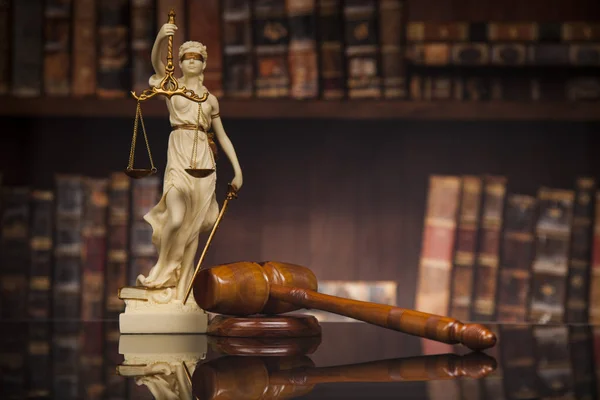The judiciary, particularly the Supreme Court, plays a crucial role in defending the Constitution and ensuring that the other branches of government do not overstep their bounds. Through the process of judicial review, the courts have the authority to strike down laws and executive actions that are deemed unconstitutional, serving as a last line of defense for individual rights and the rule of law.
Judicial review was established in the landmark case of Marbury v. Madison in 1803, where the Supreme Court asserted its authority to review and nullify congressional and executive actions that violate the Constitution. Since then, the judiciary has acted as a check on the other branches of government, safeguarding the principles enshrined in the Constitution.
The judiciary’s role in defending the Constitution is not without controversy. Decisions on issues such as civil rights, gun control, and abortion have often sparked fierce debates, with critics accusing the courts of either overstepping their authority or failing to protect fundamental rights. The nomination and confirmation of judges, particularly to the Supreme Court, have become highly politicized, reflecting the deep divisions in American society.
Despite these challenges, the judiciary remains a critical institution in the American system of government. Its independence is essential to ensuring that the rights and freedoms guaranteed by the Constitution are protected from infringement by the legislative and executive branches. The judiciary’s role as a neutral arbiter of the law is vital to maintaining the rule of law and upholding the values that define the United States.
As the judiciary continues to navigate complex legal and constitutional issues, its role in defending the Constitution will remain central to the functioning of American democracy.


